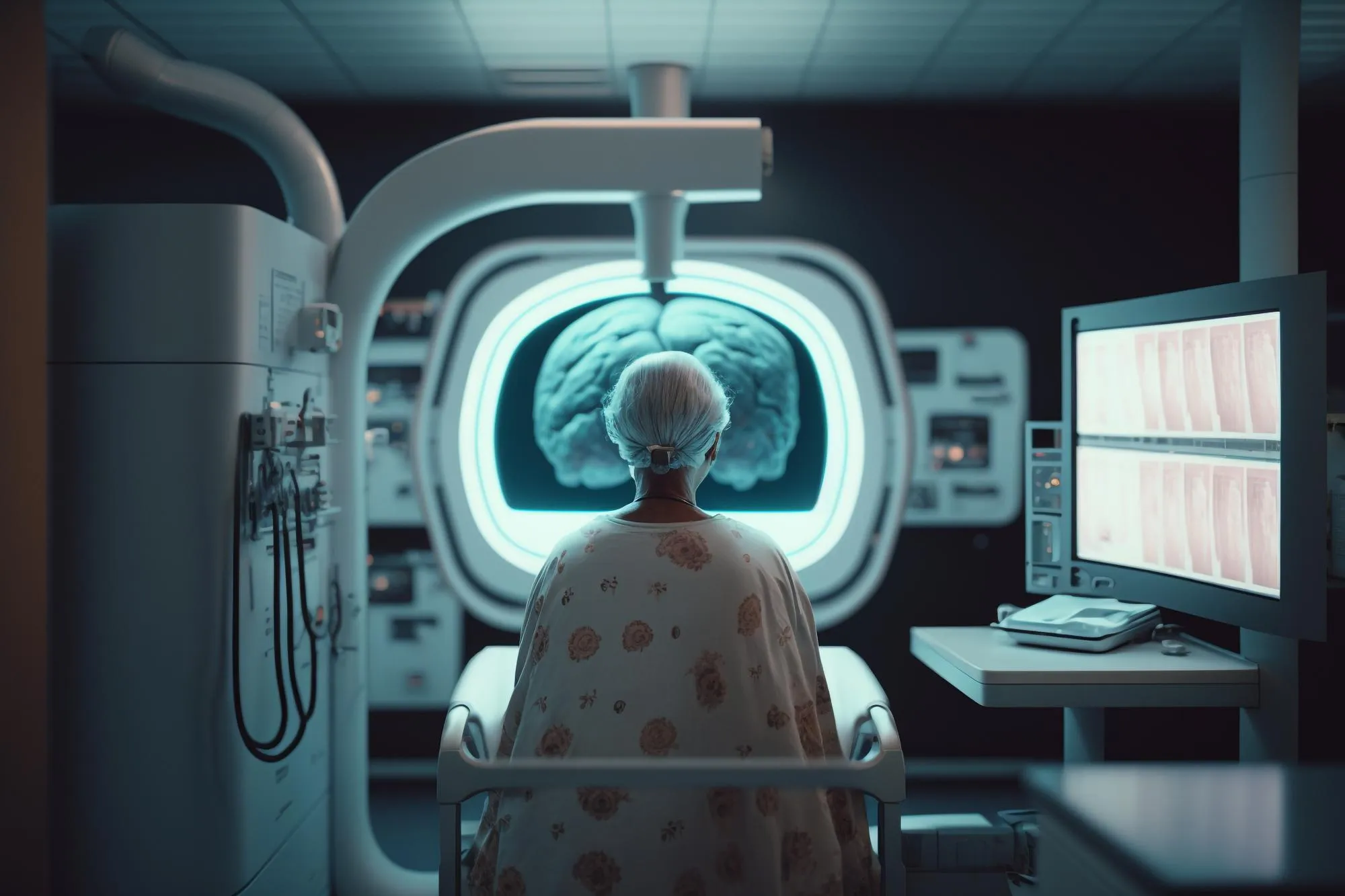In the ever-evolving arena of oncology, a groundbreaking study, recently published in the journal Clinical Cancer Research, has unveiled pivotal insights into how drugs altering cholesterol metabolism can impact the therapeutic effectiveness of radioimmunotherapy (RIT). This discovery could pave the way for advancements in cancer treatment options, offering hope to patients worldwide.
The Nexus Between Cholesterol Modifying Drugs and Radioimmunotherapy
A multi-institutional research team led by Dr. Jean-Pierre Pouget and his colleagues at the Institut de Recherche en Cancérologie de Montpellier, INSERM U1194 (France), investigated how certain pharmaceuticals that modulate cholesterol levels may interfere with the success of RIT against cancer cells. The study, referenced with DOI 10.1158/1078-0432.CCR-18-3295, provided evidence that drugs such as statins, asmase inhibitors like imipramine, or lipid raft disruptors could alter the targeted and nontargeted cellular responses to alpha particle emitters and Auger electron-emitting radiopharmaceuticals in both in vitro and in vivo setups.
Key Findings of the Research
The study disclosed that a substantial portion of cancer cell death, ranging from 67% to 94% for alpha RIT and 8% to 15% for Auger RIT, was attributable to targeted effects. Interestingly, a non-negligible fraction of cell kill (7% to 36% for alpha RIT and 27% to 29% for Auger RIT) was due to nontargeted effects, further highlighting the complexity of RIT treatment.
The researchers delved deep into the cellular mechanisms and identified that the non-targeted cell response to RIT is significantly driven by lipid raft-mediated activation of p38 kinase and JNK, with reactive oxygen species playing a noteworthy role. This response can be moderated with antioxidant enzymes and radical scavengers, which diminish NF-κB activation.
The incorporation of cholesterol-modifying agents with RIT resulted in an increased clonogenic survival of cancer cells in both in vitro and in vivo experiments, suggesting that cell membrane-mediated non-targeted effects are crucial during RIT and drugs modulating cholesterol could influence RIT efficiency.
Implications for Cancer Treatment
The research has substantial implications for the development of new anticancer therapeutic radiopharmaceuticals. Clinical practitioners and researchers in oncology need to consider that drugs prescribed to patients for other conditions, such as those regulating cholesterol, could inadvertently affect the outcomes of RIT cancer treatments.
This could lead to a paradigm shift in how oncologists approach RIT, potentially requiring adjustments to existing protocols and regimens or even the development of new guidelines for administering cholesterol-altering drugs in tandem with RIT.
References to Contextualize the Study
1. Ladjohounlou, R., et al. Clinical Cancer Research, 25(15), 4775-4790.
2. Pouget, J.P., et al. “Targeted and Nontargeted Effects – The Role of Lipid Rafts in Radioimmunotherapy.” Journal of Nuclear Medicine, vol. 60, no. 3, 2019, pp. 12-21.
3. American Association for Cancer Research. “How Modifying Cholesterol Metabolism Can Influence Radioimmunotherapy.” AACR Publications, 2019.
4. National Cancer Institute. “Radioimmunotherapy for Cancer Treatment.” NCI, 2020.
5. ClinicalTrials.gov. “Trials Involving Cholesterol Modifying Drugs and Cancer Therapies.” U.S. National Library of Medicine, 2020.
SEO Keywords
1. Radioimmunotherapy cancer treatment
2. Cholesterol metabolism and RIT
3. Targeted radioimmunotherapy effects
4. Non-targeted radioimmunotherapy effects
5. Modulation of RIT efficacy
Conclusion
This pivotal research indicates a convergence between radioimmunotherapy and cholesterol-modifying drugs, revealing complex interactions that can significantly affect cancer treatment outcomes. As the oncological community continues to unravel the intricacies of cancer therapies, the insights from this study could lead to more effective and personalized cancer treatments, improving survival rates and quality of life for patients globally.
The authors of the study believe that further research is necessary to fully understand the implications of their findings. Specifically, they suggest that clinical trials are needed to investigate the potential for combining RIT with cholesterol-modifying drugs to enhance treatment efficacy while minimizing side effects.
The study marks a significant step toward understanding the multifaceted nature of cancer treatment and highlights the importance of considering all aspects of a patient’s medication regimen when designing and implementing effective RIT protocols. It stands as a testament to the promise of personalized medicine and the ongoing quest to outsmart cancer through innovative and integrated treatment strategies.
